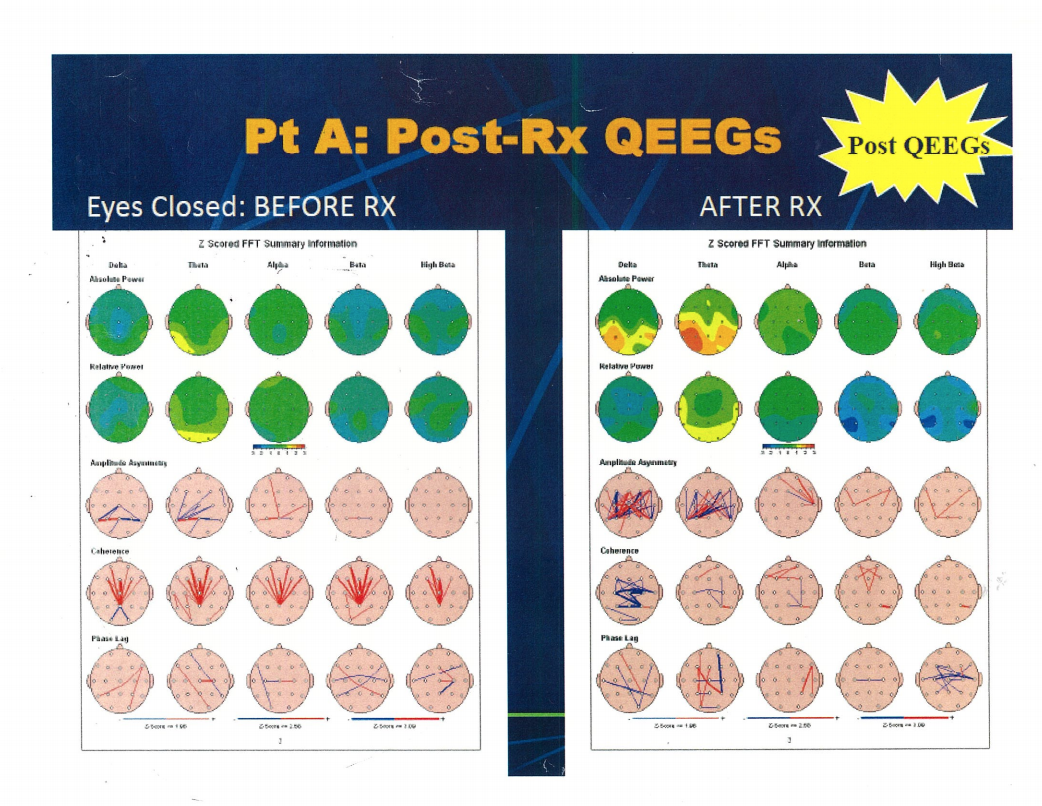Neurofeedback is an advanced technique that helps individuals manage stress and improve their mental well-being. It is founded on the idea that people can discover to regulate their brain activity through immediate feedback. This method involves using sensors placed on the head to monitor brain waves. The data is then shown on a monitor, allowing individuals to see their brain function and make adjustments to encourage relaxation and focus. By harnessing the capability of neurofeedback, people can develop better coping strategies for stress and boost their overall mental health.
One of the key benefits of neurofeedback is its capacity to diminish stress. When individuals face stress, their brain patterns often become disordered, leading to emotions of anxiety and tension. Neurofeedback training aids individuals recognize these patterns and understand how to shift their brain function to a more balanced state. This can be particularly helpful for those who struggle with anxiety conditions or chronic stress. By engaging in neurofeedback, individuals can develop a greater sense of mastery over their mental state, leading to improved emotional regulation and strength.

In addition to stress reduction, neurofeedback can also enhance mental health. Many people claim feeling more attentive and invigorated after participating in neurofeedback sessions. This is because the training helps to maximize brain performance, allowing individuals to think more clearly and make better choices. Enhanced focus can lead to increased productivity in school or work, as well as improved relationships with others. As individuals learn to control their stress and boost their cognitive skills, they helpful resources often undergo a boost in self-esteem and overall life satisfaction.
Neurofeedback is not just for those with mental health issues; it can also aid anyone looking to improve their mental capabilities. Athletes, students, and workers can all use neurofeedback to enhance their concentration and mental sharpness. For instance, athletes may use neurofeedback to improve their focus during competitions, while students can gain from increased attention during tests. By training the brain to function at its optimal, individuals can reach their goals more efficiently and enjoy a greater sense of accomplishment.
Overall, neurofeedback is a powerful tool for stress control and mental health. It offers a unique approach to understanding and controlling brain activity, allowing individuals to take charge of their mental health. As more people learn of the benefits of neurofeedback, it is likely to gain recognition as a valuable resource for enhancing mental capabilities and fostering emotional resilience. By investing time in neurofeedback training, individuals can realize their potential and lead healthier, more satisfying lives.